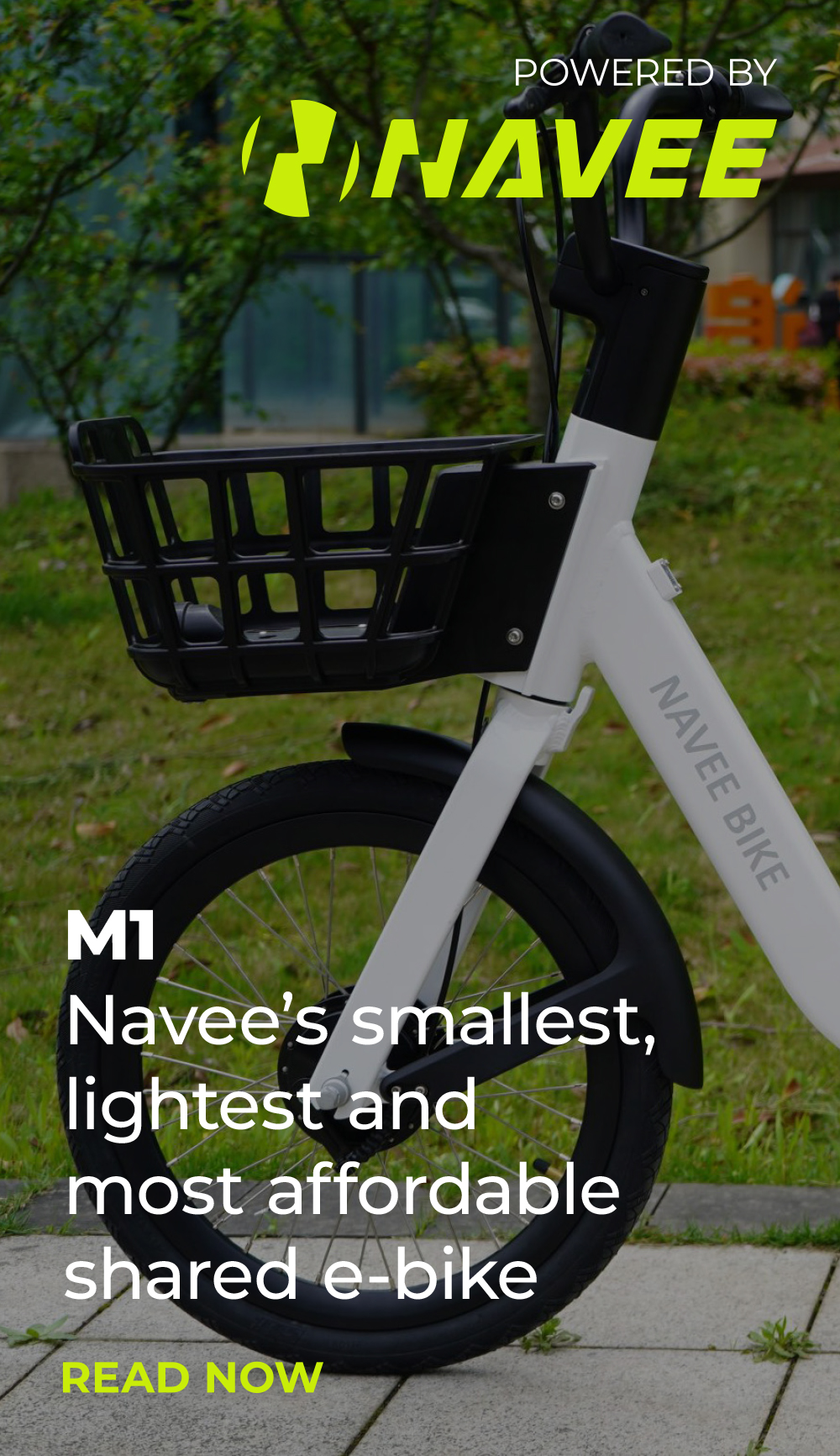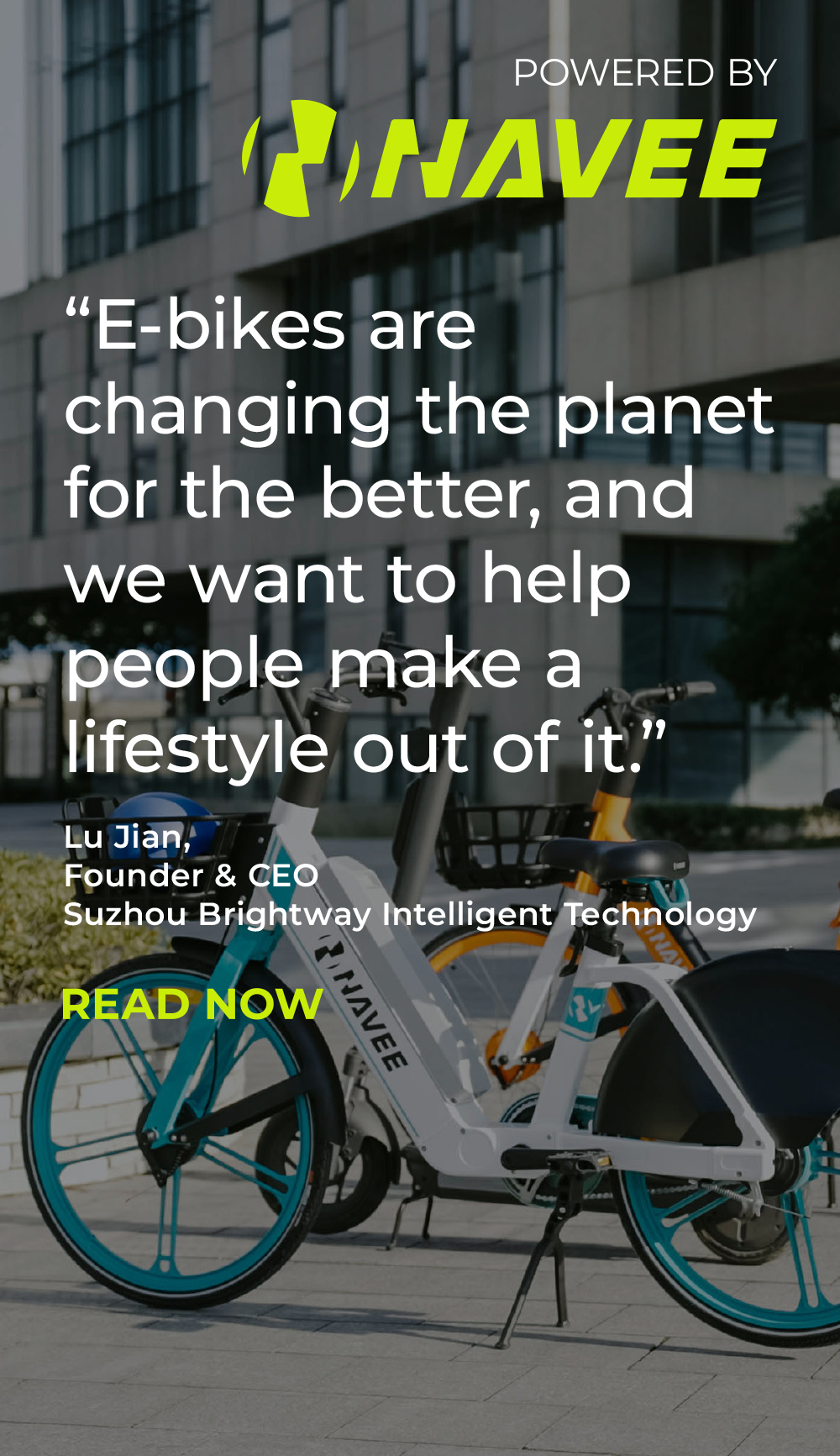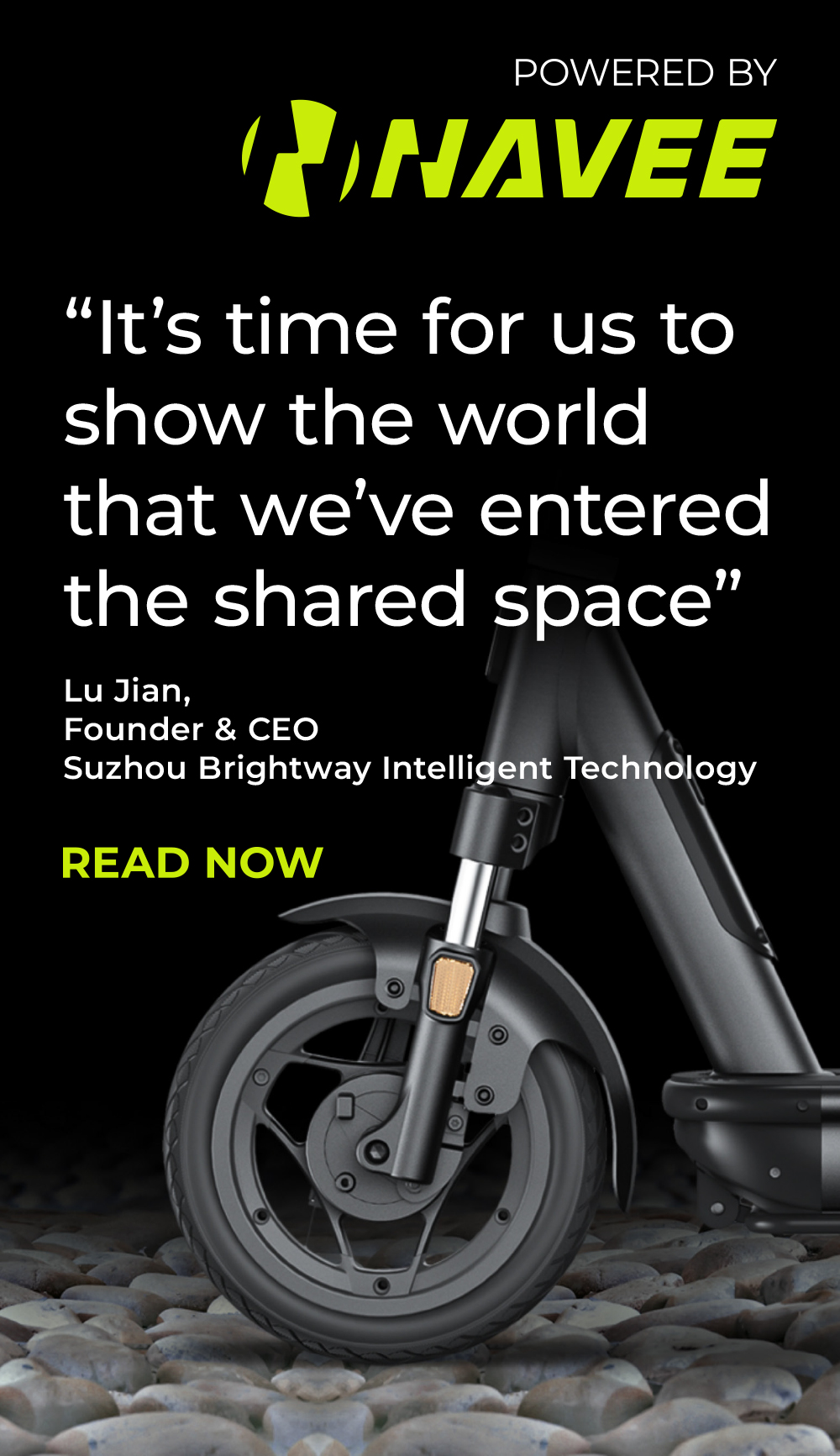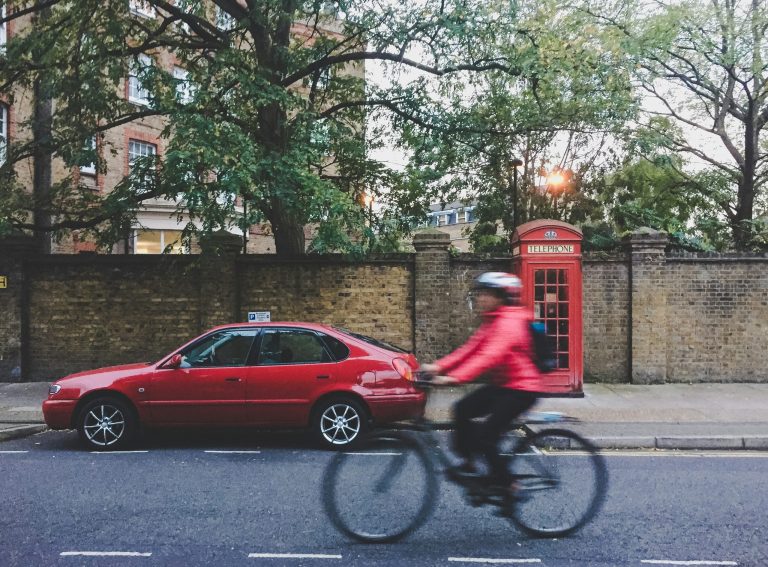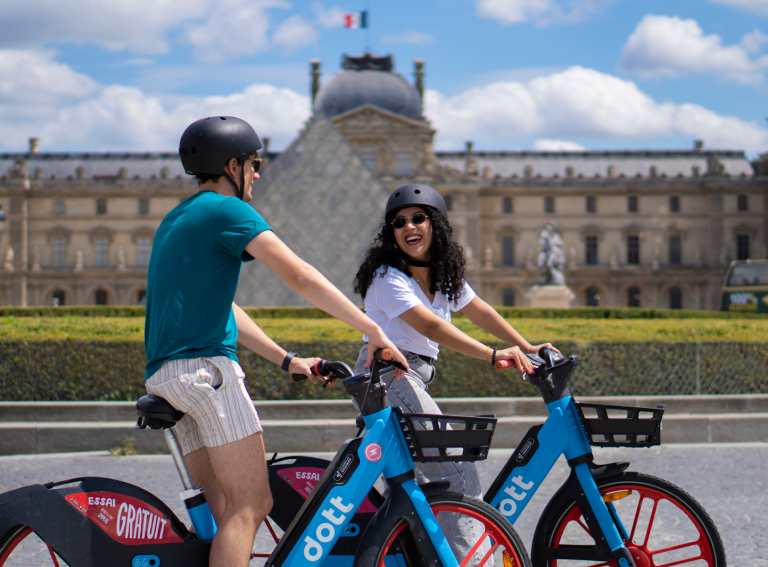Transport innovators TRL has won a Department for Transport (DfT) technical research contract, supported by WMG at the University of Warwick, to establish what the future technical requirements for e-scooters should be to ensure they are as safe, sustainable and inclusive as possible.
The DfT has asked for evidence to identify the technical requirements for design, construction and maintenance of e-scooters, as well as how to ensure the future e-scooter regulations fully consider the mobility needs of people with disabilities.
It is hoped that the final recommendations will assist the DfT in developing effective e-scooter regulations that are sufficiently flexible and proportionate to promote innovation, while minimising the regulatory burden on the industry.
This comes after the DfT announced plans to create a new Low-Speed Zero Emission Vehicle (LZEV) category. E-scooters will be the first vehicles to be included in their own sub-category.
Zag Daily spoke with TRL’s Head of New Mobility, Dr. George Beard, who said: “The technical requirements are going to address a wide range of safety issues such as batteries, stability, number of wheels, seats/no seats, power and we are working with WMG to develop recommendations for technical requirements that will ultimately protect users but not be burdensome for the industry.”
Looking beyond safety
A key aspect of the research project is that it will go beyond safety to consider the role of regulations in a much wider context.
This includes how to incorporate environmental factors in the requirements – how to make the design, manufacture, repair and disposal of e-scooters sustainable, taking a whole lifecycle approach to ensure that future regulations play a critical role in the drive to net zero.
There is also a specific focus on understanding the impacts of technical requirements on people with disabilities.
“This is multi-faceted,” said Beard. “Firstly, we will be exploring how to ensure the technical requirements enable production of accessible e-scooter designs, ensuring they are inclusive for users with mobility issues. And secondly, we are considering how to minimise any potential unintended consequences of e-scooters for other road users, particularly those who are most vulnerable. It is absolutely crucial to consider these issues upfront, in order to avoid creating a legacy of unintended consequences which then have to be corrected in future.”
WMG’s expertise
WMG will lead development of the vehicle sustainability requirements.
“Typically, 70% of product emissions are embedded within supply chains,” Mark Urbanowski, Principal Engineer at WMG, told Zag.
“By developing sustainability requirements for e-scooters, stakeholders will be motivated to improve product design and manufacturing processes, reducing waste and maximising use of sustainable recyclable materials and components.”
The institute will also define the powertrain performance and battery safety requirements, using its knowledge and methods developed with the automotive industry.
The practicalities
The project is estimated to take around 10 months.
TRL and WMG will work with a range of stakeholders, including shared micromobility operators, e-scooter manufacturers, retailers, charities representing people with disabilities, road safety organisations and industry associations.
Beard said: “The core aim here is to ensure that a) our recommendations are informed by the expertise and experience of these relevant stakeholders and b) that stakeholders are given an opportunity to input and feedback during the process.”
Beyond stakeholder engagement, the two firm’s will also be conducting a review of international standards, regulations and published literature; a market/technology review; modelling of structural integrity; disassembly and testing of batteries; field testing of e-scooters; and analysis of data on collisions and defects.
Later on in the year, TRL will be running a workshop with charities representing people with disabilities, as well as focus groups to understand first-hand what disabled people want or need from e-scooters in terms of vehicle design.
The DfT will require a Transport Bill to provide regulatory powers to new LZEVs, but as of today, the timing for this bill is unknown.
TRL is well suited to carry out this research given its in-depth knowledge and experience developing national regulations and standards. In 2021, it completed a “Study on market development and related road safety risks for L-category vehicles and new personal mobility devices” for the European Commission. In 2019, and again in 2021, TRL reviewed the current practice and safety implications of ‘powered transporters’ such as e-scooters, Segways, hoverboards, u-wheels, unicycles and go-peds, for the Road Safety Authority in Ireland.

